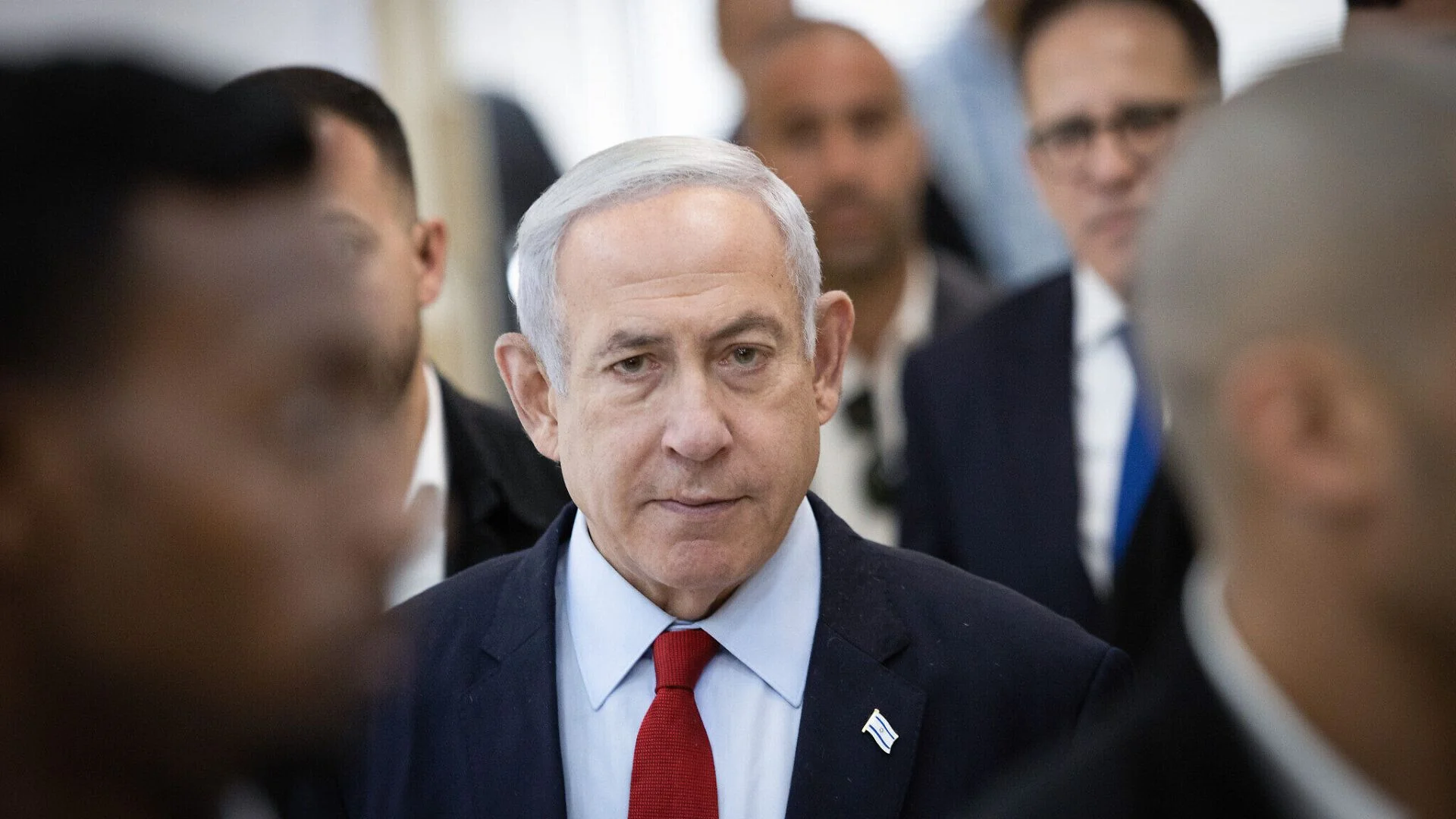An Israeli court has granted Prime Minister Benjamin Netanyahu an additional eight days to prepare his testimony in the ongoing corruption case against him, rescheduling his court appearance to December 10. This comes just a week before Netanyahu was originally set to testify on December 2. The decision by the Jerusalem District Court followed a request from Netanyahu’s defense team for a 15-day delay, citing the prime minister’s demanding schedule due to the ongoing war in Israel.
While the court acknowledged that circumstances had not changed since it previously rejected a longer delay, it ultimately decided to grant the extension “not without doubts.” The court’s decision was partly influenced by the defense’s assurance that no further delays would be requested.
Background of the Case
Netanyahu’s legal troubles began in 2016 when allegations surfaced that he had accepted gifts from wealthy businessmen in exchange for political favors. Among the items alleged to have been received were cigars, champagne, luxury clothing, and accessories. Netanyahu is also accused of using his position to interfere with investigations for personal gain.
In 2018, Israeli police recommended prosecution, and in 2019, Netanyahu was formally indicted. His trial, which began in 2020, combines three separate cases of alleged corruption.
The Charges
The charges against Netanyahu span three key cases:
– Case 1000: Netanyahu is accused of receiving nearly $300,000 worth of gifts from Hollywood producer Arnon Milchan and Australian billionaire James Packer. In return, he allegedly lobbied the Finance Ministry to extend a tax exemption for expatriates, benefiting individuals like Milchan.
– Case 2000: This case centers on Netanyahu’s alleged attempts to negotiate a deal with the publisher of Israel’s leading newspaper, *Yediot Aharonot*, in exchange for favorable media coverage.
– Case 4000: Netanyahu is accused of using his influence to protect the business interests of telecom mogul Shaul Elovitch.
Netanyahu has denied all charges, asserting that the gifts were received as part of normal relationships and that no quid pro quo occurred in any of the cases.























